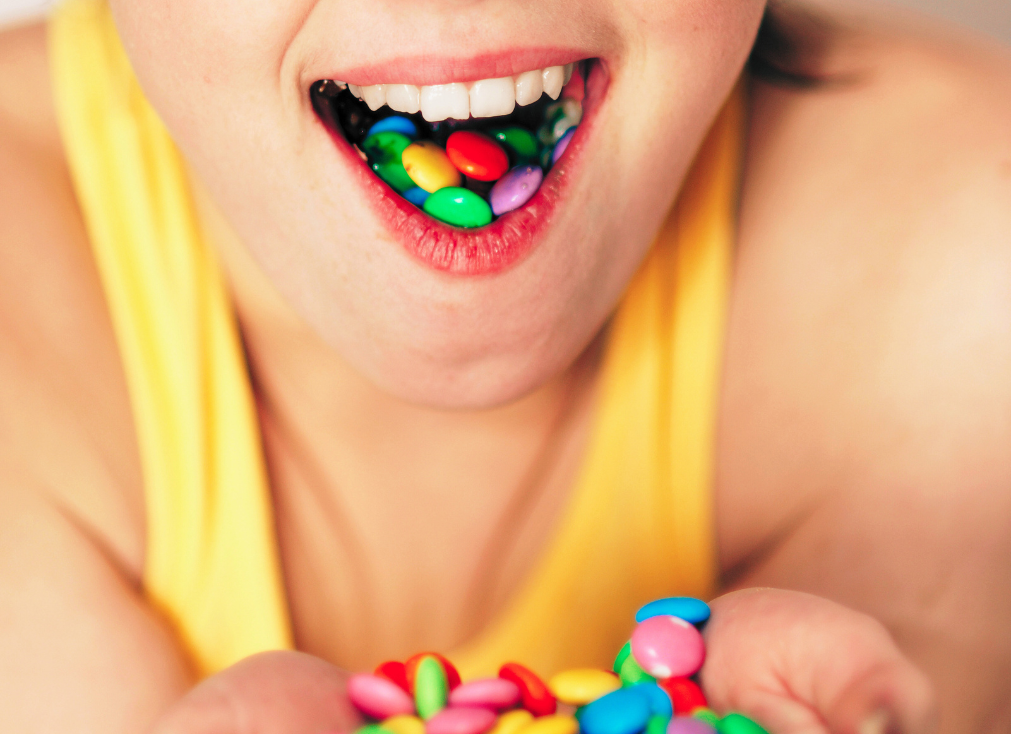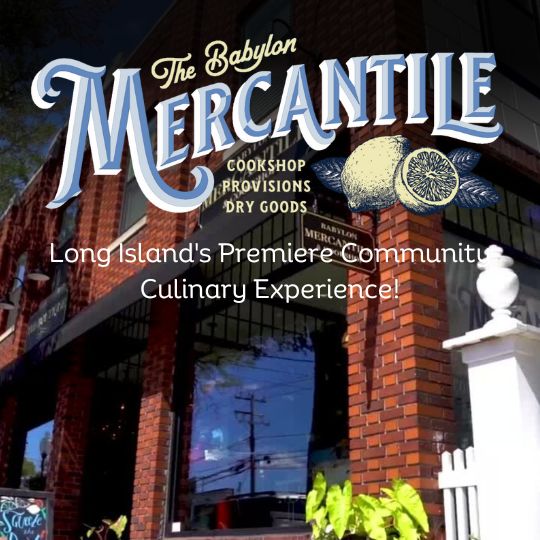
“So, what is a “sweet tooth”? Is it a personality trait, a genetic defect, a nutritional deficiency, or just a bad habit?”
- Liz Keller, MS, CNS, ASCM-PT

Have a Sweet Tooth?
Find out why and what to do about it!
Over the years, I have worked with many clients who tell me they eat healthy “most of the time” but find they have a “sweet tooth” in the evening that can ultimately sabotage their diet and health goals. So, what is a “sweet tooth”? Is it a personality trait, a genetic defect, a nutritional deficiency, or just a bad habit?
There are two ways to approach this question: looking at the things that are out of our control and those in our control.
Factors that create a “sweet tooth” that we have little control over
- Evolution- Humans have evolved to crave sweet foods because they are a concentrated energy source. In the past, when food sources were scarce, having a preference for sweet items could have been advantageous for survival.
- Genetics- There is evidence to suggest that genetics play a role in taste preferences, including a preference for sweetness. Some people may be genetically predisposed to enjoy sweet flavors more than others.
- Cultural and social influences – Cultural norms and societal factors can also contribute to a “sweet tooth.” Celebrations, holidays, and social gatherings often involve eating sweets, creating an association between social activities and the enjoyment of sweets.
Factors that create a “sweet tooth” that we CAN control
- Habits
- Gut Health
- Hormones
- Sleep
Habits- How they create a “sweet tooth” and how to fix them
A trigger-action-reward system creates every habit. For example, the trigger could be finishing dinner or sitting down on the couch to relax; the action would be eating something sweet, which would release dopamine (the feel-good hormone), and then the reward would be that you feel good. Breaking this habit is difficult because the trigger is a situation that will happen every day, and sweet things will signal large amounts of dopamine. This can be linked to the survival theory I mentioned earlier or how food companies put sugar and artificial sweeteners in food to make them more addictive.
Solution: Bringing this habit loop into your awareness is the first step in breaking this habit. Simply being aware that it is a conditioned habit instead of blaming it on your “sweet tooth” will help you take control of the situation. The second step is replacing the action with something that makes you feel good. I often suggest clients try drinking an herbal tea, going for a walk, or having a high-protein snack if their caloric intake allows it. More personalized techniques for breaking this habit loop need to be identified, and nutritional counseling can make a massive difference in behavior change over time.
Gut Health- How it influences sweet preferences and how to fix it
Poor gut health, inflammation, and other G.I. tract issues might cause sugar cravings. Some pathogenic gut bacteria love sugar and will send signals to your brain for you to seek it out. Also, some studies show that the absence of specific beneficial bacteria can lead to cravings.
Solution: Good gut health comes from a diverse diet, eating enough fiber, consuming fermented foods, and limiting processed foods that cause inflammation. You can work on your gut health by removing certain inflammatory foods and incorporating others and see improvement in a few weeks. If you think your gut issues may be more severe than not having a balanced diet, contacting a gastrointestinal doctor may be a good idea.
Hormones- How do they influence sweet cravings, and can we fix this?
Grehlin is the hunger hormone that signals to your brain that it’s time to eat, and insulin is the hormone that helps stabilize your blood sugar after a meal. While ghrelin might not directly make you crave sugar, if your appetite is stimulated and sweet choices surround you, your brain may choose those foods to satisfy your hunger over other foods. When insulin spikes, a subsequent drop shortly after may also cause you to crave something sweet for a quick pick me up.
Solution: When you choose a sweet food, or perhaps not something directly sweet but something high in carbs and low in fiber (think chips or processed snacks), your blood sugar will rise rapidly. When this happens, there will be a consequential drop in blood sugar soon after; this can cause your body to think it needs to eat again (to stabilize blood sugar) and may release ghrelin again. To control ghrelin, it’s essential to keep blood sugar stable throughout the day. Choose meals and snacks balanced with fiber, protein, healthy fats, and complex carbohydrates. Foods high in protein, fiber, and healthy fats can help you feel full longer and will not cause a blood sugar spike.
Sleep- How lack of it influences sweet preferences and how to fix it
Ever notice when you have a terrible night’s sleep and notice the next day your cravings seem out of control? Lack of sleep can increase your ghrelin hormone production. Sleep deprivation is also linked to decreased satiety hormone production, leptin. It can also increase the stress hormone cortisol. High cortisol levels are linked to increased cravings.
Solution: A consistent bedtime routine can help you get a good night’s sleep. Sometimes, the quality of our sleep is out of our control, and in these times, it’s essential to try to be more aware of the hormones that might be making our cravings worse. When the stress hormone cortisol is high, you can try stress management techniques like exercise, deep breathing, or meditation. During my nutritional consultations, I often work on stress management techniques to prevent mindless eating.
Overall solution: Stop saying you have a “sweet tooth,” and start working on your habits and environment to take control over your choices and improve your health! Don’t feel like you need to do this on your own. Use this link to schedule a 20-minute call, and we can discuss how I can help you with this!
Sponsored Links
About the Author

Liz Keller
Liz Keller, MS, CNS, ACSM-PT is a nutritionist, personal trainer, group fitness instructor, and health coach. She runs the Well Choices program at Fitness Incentive.










